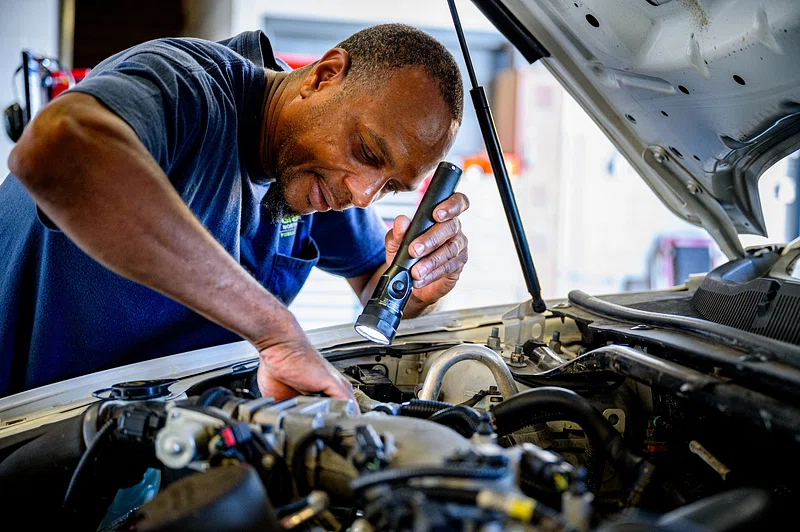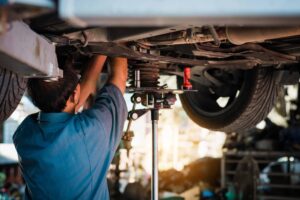
MOT Bristol: Essential Guide to Vehicle Testing and Safety
An MOT (Ministry of Transport) test is an annual requirement for most vehicles over three years old in the UK. It ensures that vehicles meet road safety and environmental standards set by the government. For car owners in Bristol, understanding the MOT process, knowing where to go for a test, and learning how to maintain vehicle compliance is crucial. This comprehensive guide provides all the necessary information about MOT tests in Bristol, including why they’re essential, what they involve, and tips for passing the test.
Why is an MOT Test Necessary?
The primary purpose of an MOT test is to ensure that vehicles on the road are safe to operate, not only for the drivers and passengers but also for pedestrians and other road users. It checks the key components of your vehicle to ensure they meet legal standards, helping to prevent accidents and reduce environmental impact.
What Does an MOT Test Check?
An MOT test covers several critical components of your vehicle:
- Body and vehicle structure: Ensures the overall integrity of the vehicle’s body is free from excessive corrosion or damage in specific areas and that there are no sharp edges likely to cause injury.
- Fuel system: Checks for leaks and ensures the fuel cap fastens and seals securely.
- Exhaust emissions: Measures the levels of exhaust emissions, ensuring the vehicle is within the national environmental standards.
- Exhaust system: Examined for security, condition, and that it doesn’t have serious leaks.
- Seat belts: All seat belts installed are checked for type, condition, operation, and security. All compulsory seat belts must be in place.
- Seats: Front seats are inspected for security and to check they can be adjusted.
- Doors: Must latch securely in a closed position.
- Mirrors: Minimum numbers are on the vehicle, their condition, and security.
- Load security: Boot or tailgate can be secured in the closed position.
- Brakes: Their condition, operation, and performance (efficiency test). Includes service brakes, anti-lock brakes, and parking brake.
- Tyres and wheels: Condition, security, tire size and type, and tread depth.
- Registration plates: Condition, security, characters correctly formed and spaced.
- Lights: Condition, operation including high beams and fog lights, and proper alignment.
- Bonnet: Must securely latch in the closed position.
- Wipers and washers: Must operate to give the driver a clear view ahead.
- Windscreen: Condition and drivers’ view of the road.
- Horn: Correct operation and type.
- Steering and suspension: Correct condition and operation.
- Vehicle identification number (VIN): Legibly displayed.
Where to Get an MOT Test in Bristol
Bristol boasts a variety of approved MOT test centers across the city. It’s advisable to choose a reputable service station. Many garages in Bristol offer MOT testing services; however, it’s beneficial to select one with good reviews and a strong reputation for fairness and transparency. Facilities like Fowlers of Bristol, Brunel Tyres, and Swift Fit are known for their reliability and customer service.
Preparing for an MOT Test
To increase the chances of your vehicle passing the MOT test, consider the following tips:
- Perform a Pre-MOT Check: Before your appointment, check simple things like lights, wipers, and tire conditions. Replace any burned-out bulbs, repair damaged wipers, and ensure your tires are properly inflated and have sufficient tread.
- Check Fluid Levels: Top up your engine oil, brake fluid, coolant, and washer fluid before the test.
- Clean Your Vehicle: A clean vehicle might not directly influence the test outcome, but a clutter-free interior and clear visibility through windows can make it easier for the tester to carry out their job.
- Document Check: Ensure you have all necessary documents ready, including your vehicle’s service history, previous MOT test certificates, and V5C document.
Common Reasons for MOT Failures and How to Avoid Them
Some of the most common reasons for MOT failures include faulty light bulbs, worn-out brake pads, and insufficient tire tread depth. These are often simple fixes that can be checked and corrected before taking your vehicle in for an MOT. Regular maintenance and servicing can help identify and fix these issues before they cause an MOT failure.
An MOT test is more than just a legal requirement; it’s a critical checkup on your vehicle’s health and safety features. For Bristol residents, choosing the right test center and preparing your vehicle adequately can help ensure that your vehicle not only passes the MOT test but continues to be a safe, reliable means of transportation. Remember, keeping up with your vehicle’s maintenance not only helps it pass the MOT but also extends the life of your vehicle and enhances safety on the road.

